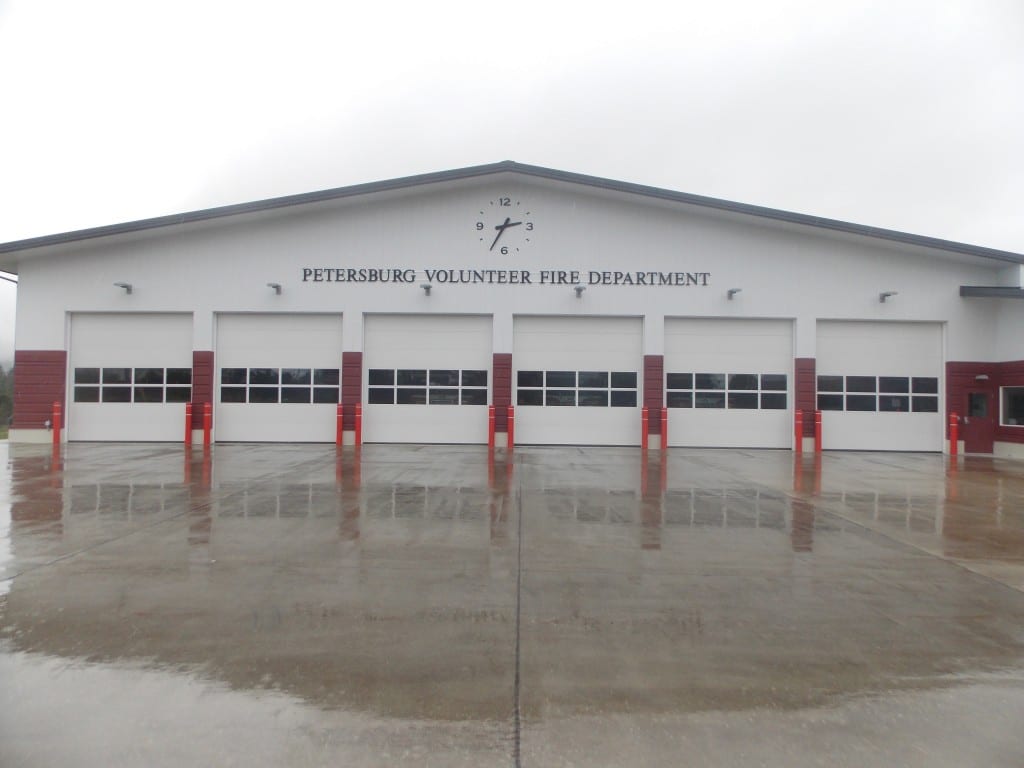
Petersburg’s Fire Department is planning to offer a Community Emergency Response Team, or CERT, training this year. The program would teach residents how to support officials during a disaster or emergency.
Logan Stolpe is a volunteer firefighter in Petersburg. He used to oversee CERT programs as part of his job for the Alaska state Division of Homeland Security and Emergency Management. He talked with KFSK’s Rachel Cassandra about the program.
Logan Stolpe: The CERT program came into existence after a large earthquake in California. And the point of the program was to get volunteers that were able to help respond and take care of themselves and their families. But then be kind of like auxiliary responders to help out in a large scale disaster where traditional first responder resources were overwhelmed. And these people can help do some of the tasks that would make the response a little bit more efficient. One thing that first responders and emergency management sees in disasters is a lot of folks really want to help out which is great. But in a disaster, unless you’re donating cash, it’s really hard to put people to use. So this program will help build an organizational structure and training requirement for folks so that it’s a lot easier to employ them in a large-scale disaster. The first responders will know that these people have a certain amount of training, they’ll have relationships with them. So they know kind of what their strengths are, what type of skills they have to employ in a response.
Rachel Cassandra: So what are some examples of the training that people might get in a program like this?
LS: As part of the CERT curriculum, a few things that you’ll learn are basic medical disaster operations—so that’s basic first aid, things like how to maintain an open airway, how to stop bleeding, some basic first aid, like cleaning wounds and types of things like that. Also, there’s disaster psychology—so it goes into a little bit of how people react to disasters, and how to do that kind of mental first aid. There’s light search and rescue as part of that, as well as how to identify a building that might be compromised in some way and too risky to go in. Or, how to look for signs that there are people in there, how to effectively search a building to make sure that you’re covering all the area. Fire safety is one of those: recognizing what level of fire that you’re equipped to fight and getting some training and experience with using fire extinguishers and knowing how to properly use them.
RC: Do you know anything about, in Petersburg, what the requirements of this course would be?
LS: Yeah, so the CERT training is about 24 hours long. One kind of normal way to do that is over three days. An instructor would come down, which includes kind of a classroom setting part to it. And then also, a skills part where you’re actually doing all the things that you’re talking about in the class. There are different options, depending on the interest and what people’s schedules are and what they want. Because some of that classroom stuff you can do online.
RC: In a disaster or an emergency, what kinds of tasks would people be able to help with?
LS: There’s been a few pretty successful CERT teams around the state: Fairbanks, I can think is one, and then also Willow is another one that had been—have had really active CERT teams. A couple of the things that they have done: they were active in the COVID disaster emergency, helping set up and take down testing sites and doing traffic control for that. The Fairbanks team was very active. And I think the Willow team was also very active during wildfires and they’re helping do traffic control, setting up.
And you know, it’s always hard to tell during a disaster what exactly is going to happen, but things that I could imagine being useful in Petersburg: say there’s a large landslide or something like that, and there’s a need for some type of warming shelter. CERT members can help staff that. Also the teams, as kind of just regular activities- They’ll get involved in different community events that are not necessarily disasters, but you know, you could help out at say, the “Løp the Loop” at Fourth of July. Maybe they could have a stand handing out water or whatever to racers or different kinds of activities like that.
For people interested in the program, there will be an information session on February 26th in Petersburg’s Borough Assembly chambers. It will also be accessible by Zoom.









